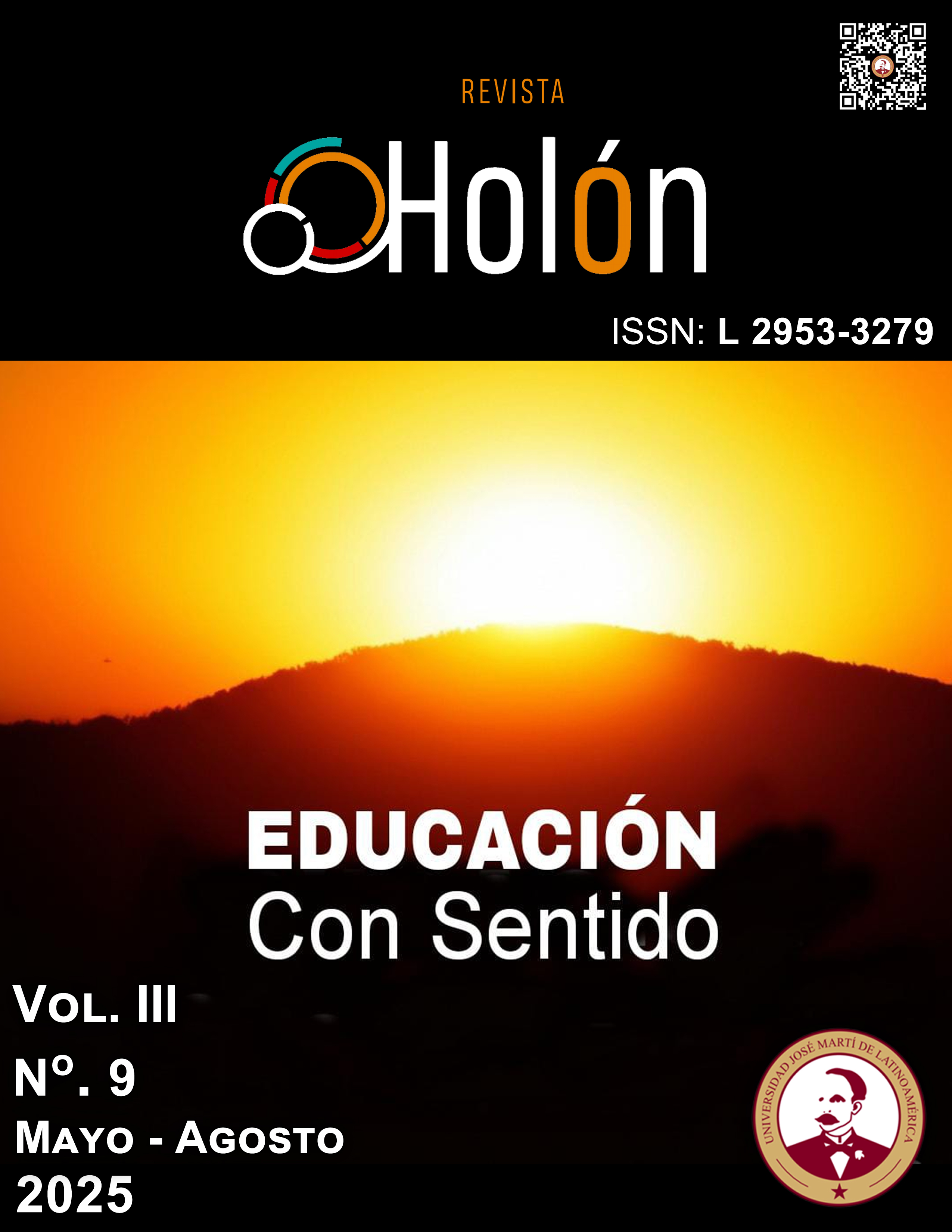

Copyright (c) 2025 Revista Holón

This work is licensed under a Creative Commons Attribution-NonCommercial-ShareAlike 4.0 International License.
School coexistence faces critical challenges due to insufficient attention paid to children's socio-emotional skills, which leads to interpersonal conflicts, disruptive behaviors, and difficulties in problem-solving. This research article, using a qualitative approach and empirical methods, examines this problem and its impact on the quality of classroom coexistence. To address this issue, it is essential to continuously and effectively integrate socio-emotional education into the classroom through a series of strategies that become ingrained habits in students' lives and encourage active parental involvement. Strengthening these skills promotes more respectful and collaborative coexistence in the academic environment, contributing to collaborative learning and the development of positive relationships among students. It is concluded that socio-emotional education not only improves school coexistence but also facilitates an environment conducive to learning and personal growth, highlighting the need for its systematic and consistent implementation in the educational system.